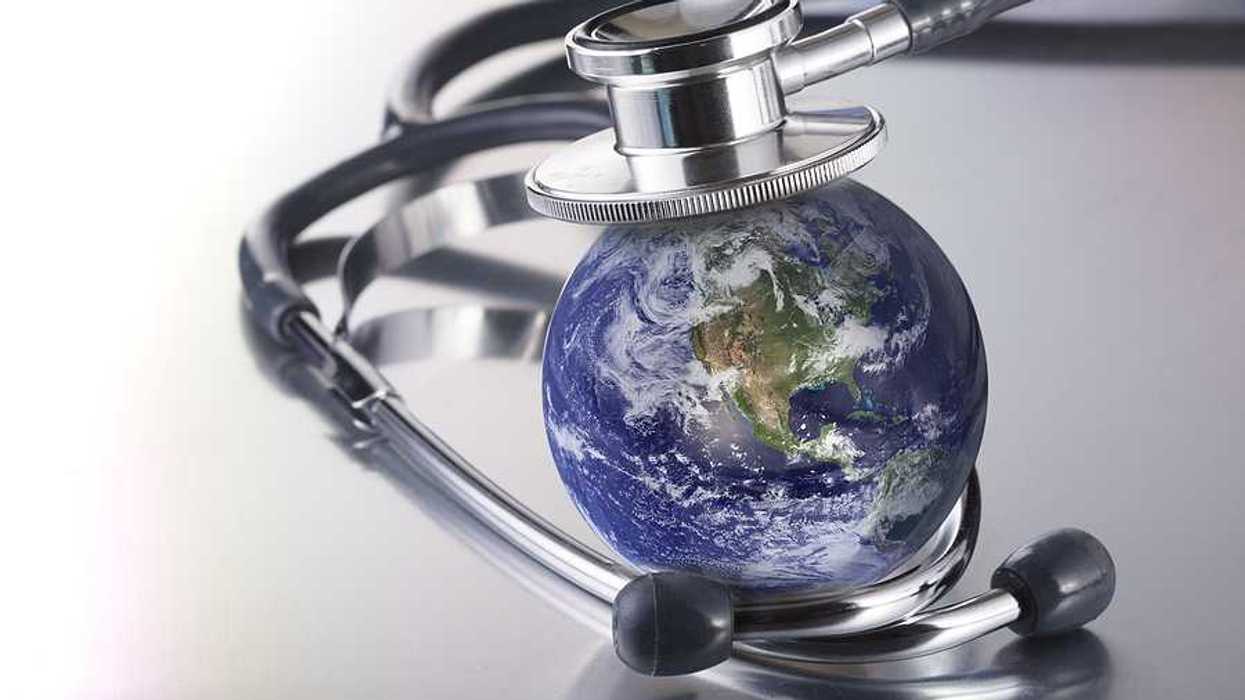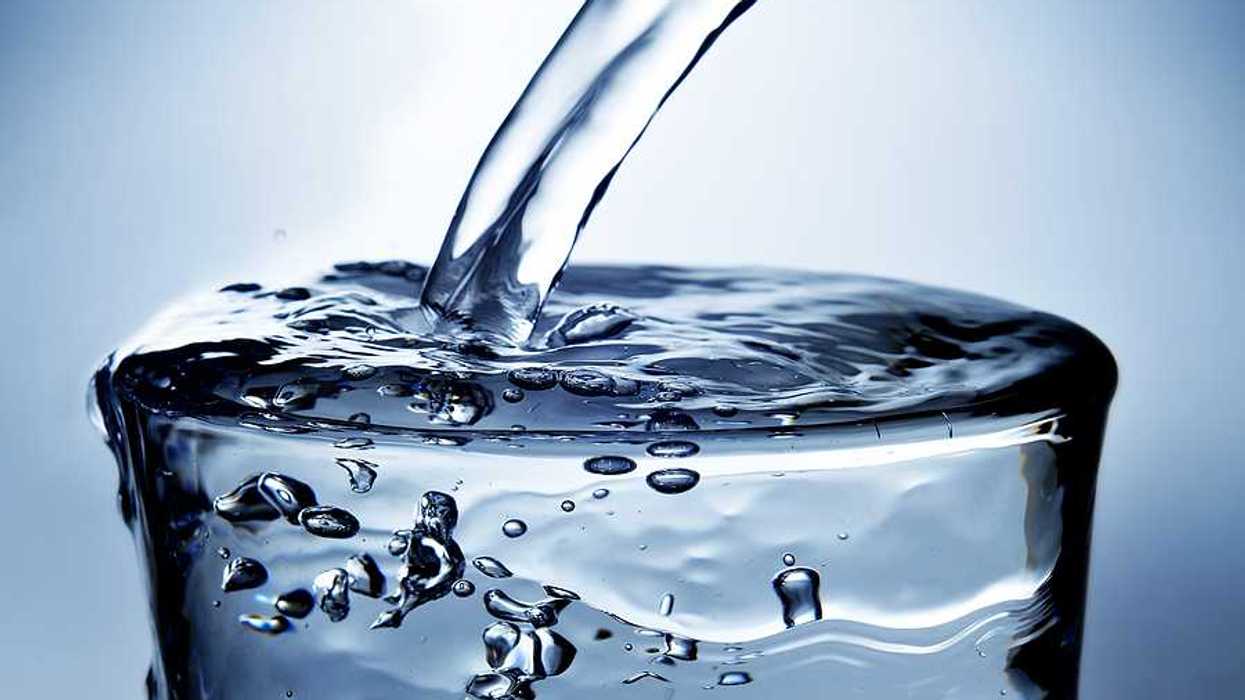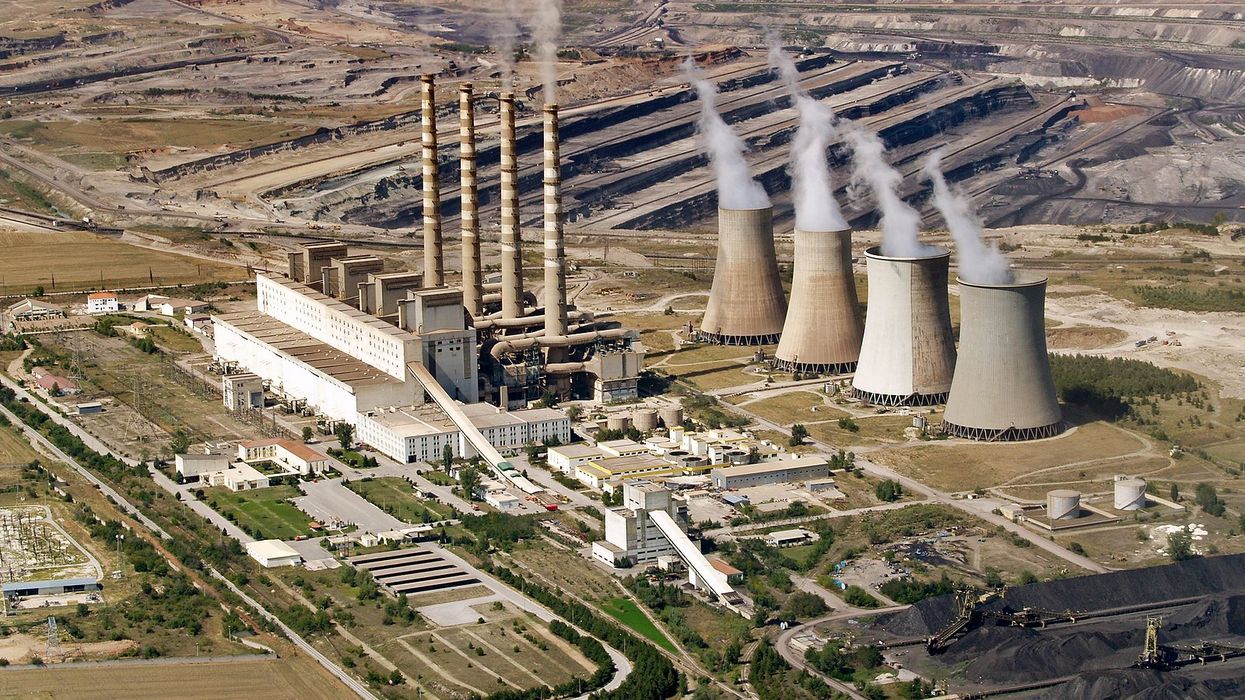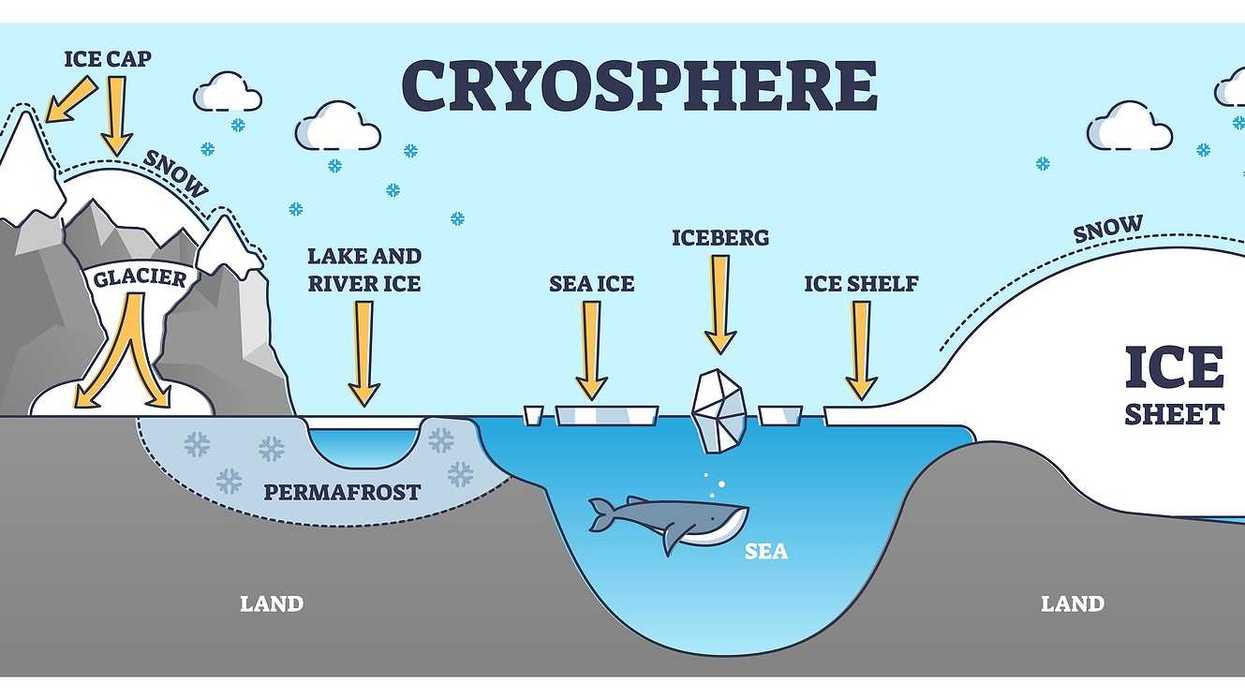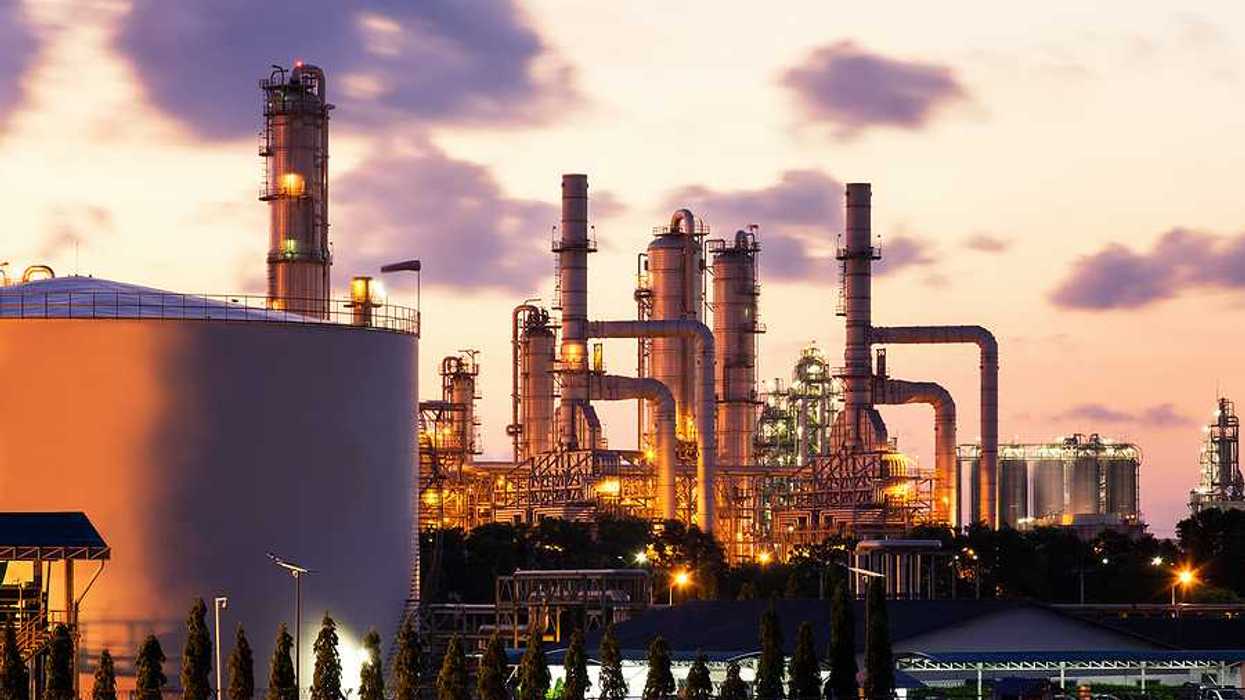Plastics have infiltrated ecosystems and bodies worldwide, and despite efforts for a global treaty, oil-producing nations blocked meaningful limits on plastic production.
Shi En Kim reports for Sierra Magazine.
In short:
- Global leaders failed to agree on a treaty to curb plastic production, hindered by opposition from oil-producing countries.
- Recycling remains ineffective, with only 9% of plastic waste recycled and most ending up in landfills or incinerators.
- Plastic production drives greenhouse gas emissions and disproportionately harms low-income and minority communities near processing facilities.
Key quote:
“The only way to reduce waste disposal is to reduce material production because every single pound or ton of material that we bring into the world will become waste eventually.”
— Roland Geyer, industrial ecologist at the University of California, Santa Barbara
Why this matters:
Unchecked plastic production fuels pollution and climate change, harming public health and ecosystems. Without upstream regulations, plastic waste and emissions will surge, burdening vulnerable communities and the planet.
Related EHN coverage:




